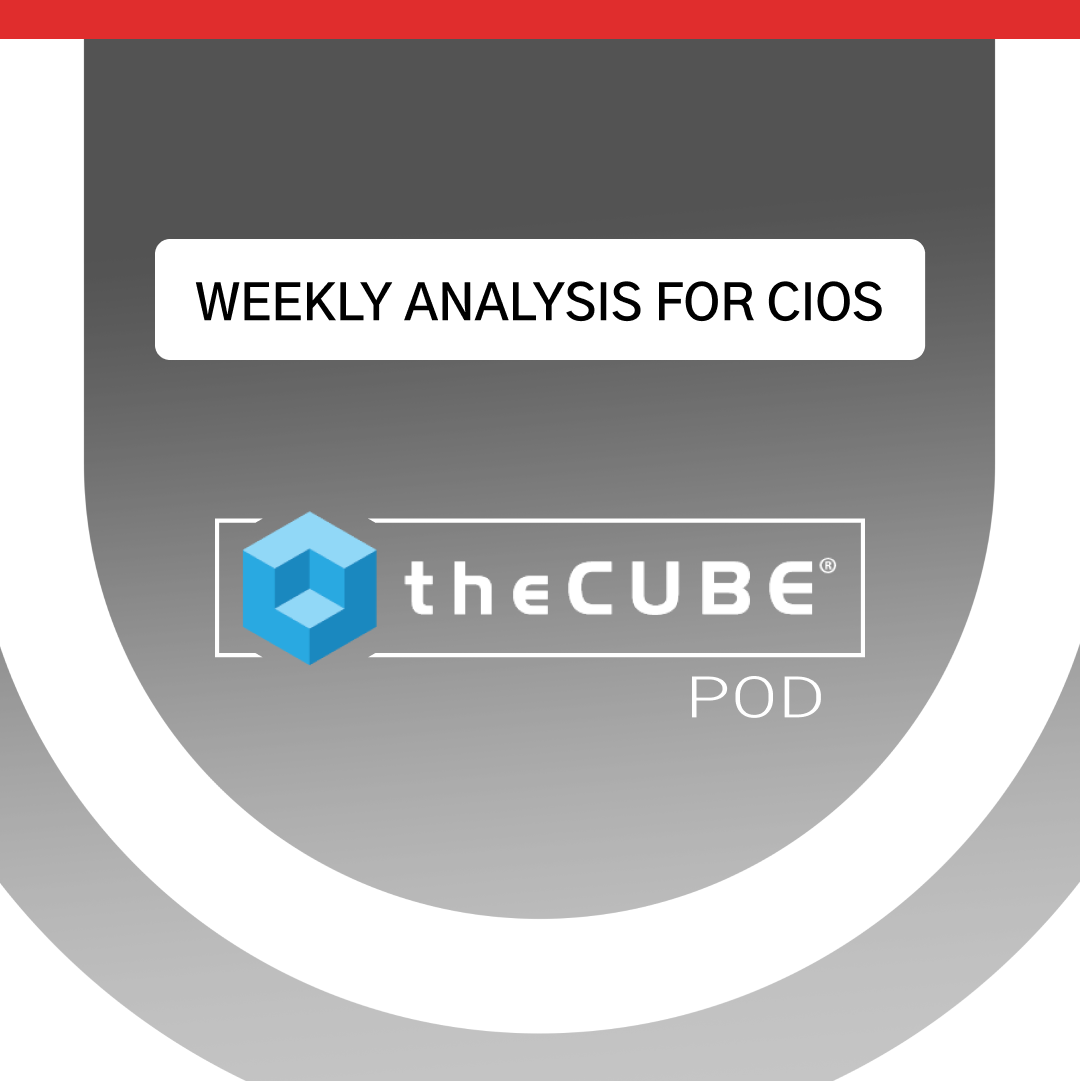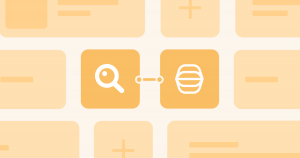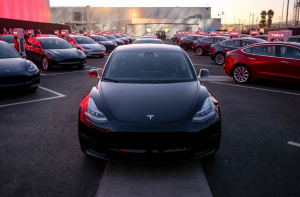Smartphones Simplifying Citizen Scientist Participation
![]() I’m certain you’ve heard it bandied about over the previous few years that even the most basic cell phone possesses more computing power than Apollo 11’s onboard computer. And if we are using capability greater than what was needed to direct astronauts on the longest road trip in history for Facebook check-ins and launching Angry Birds, isn’t that an almost criminal waste of compute?
I’m certain you’ve heard it bandied about over the previous few years that even the most basic cell phone possesses more computing power than Apollo 11’s onboard computer. And if we are using capability greater than what was needed to direct astronauts on the longest road trip in history for Facebook check-ins and launching Angry Birds, isn’t that an almost criminal waste of compute?
For those who carry an Android-based smartphone, the National Science Foundation (NSF) and the University of California, Berkeley (UC Berkeley) announced a week ago the launch of a new app that allows individuals to utilize their phones, themselves becoming citizen scientists of a sort.
The Berkeley Open Infrastructure for Network Computing (BOINC) was started in 2002. Its primary purpose is to choreograph each of the technical aspects required for utilizing ‘volunteer computing’. Initially, individuals could donate their unneeded PC compute power. However, with the rise of the tablet and smartphone as the primary computing device for many, BOINC, along with co-funding cohorts the Max Planck Institute for Gravitational Physics, IBM World Community Grid, NSF and Google, it was determined developing an Android-based version would be beneficial for many scientific endeavors.
It is currently estimated some 900 million Android devices active in the world. With the devices having significantly improved, over the years, in energy efficiency and overall power, the team claims the overall total computing power of just Android devices far exceeds the capabilities of the largest conventional supercomputers.
By allowing your phone to be take part in such initiatives as Einstein@Home and IBM’s World Community Grid, the entirety of volunteer distributed computing will, with little to no effort on the part of the user, allow their phone to assist in meaningful scientific contribution in any number of differing disciplines.
“Widening the doors to participation in Einstein@Home is great news for astronomy and physics,” said NSF Program Director Bogdan Mihaila. “The study of exotic celestial bodies provides unique insights into the behavior of matter at extreme pressures and densities and may shed light on the nature of gravity. Einstein@home allows ‘citizen scientists’ to make contributions to profound, cutting-edge scientific research.”
The Android app, available in the Google Play Store, is also called BOINC. From the IBM designed user interface, one can select which projects to donate their phones compute power to. As mentioned above, there is Einstein@Home, searching radio telescope data for pulsars. There is also FightAIDS@Home, which uses compute power to search for more effective AIDS therapies. BOINC supports nearly another 50 projects you can choose from.
“Our main goals are to make it easy for scientists to use BOINC to create volunteer computing projects to further their research, and to make it easier for volunteers to participate,” said BOINC creator David Anderson, a research scientist at UC Berkeley’s Space Sciences Laboratory. And the app ensures you won’t be inconvenienced by only allowing the sharing of your phones compute power when the phone is plugged in and when its battery is more than 95 percent charged. Additionally, it will only communicate with the projects you have chosen through WiFi, protecting the user from any shocking drains on their data plans.
Anderson and the BOINC team don’t want Apple aficionados to feel left out in the cold on this one. Rumor around UC Berkeley is Anderson may likely turn his attentions to the development of iPhone and iPad friendly apps as his next project.
http://newscenter.berkeley.edu/2013/07/22/new-app-puts-idle-smartphones-to-work-for-science/
A message from John Furrier, co-founder of SiliconANGLE:
Your vote of support is important to us and it helps us keep the content FREE.
One click below supports our mission to provide free, deep, and relevant content.
Join our community on YouTube
Join the community that includes more than 15,000 #CubeAlumni experts, including Amazon.com CEO Andy Jassy, Dell Technologies founder and CEO Michael Dell, Intel CEO Pat Gelsinger, and many more luminaries and experts.
THANK YOU













